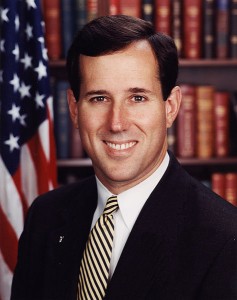This past weekend, the first Theorizing the Web conference was a great success, but as part of the committee, I didn’t get to check out most of the fantastic work that was presented. Yet, the one panel I did get to sit down in the audience for, “Counter-Discourses: Resistance and Empowerment on Social Media,” did not disappoint. In fact, it has taken me back to my work with a passion. Not so long ago, I wrote a blog post on Google Bombing, and this panel really triggered an interesting question: In the Foucauldian sense of power/knowledge, what does visibility mean in the era of augmented reality?
Each of the panelists presented work on discourses produced online. Each were empirically driven, some more so than others, but each addressed the notion of visibility in some way. For instance, in Katy Pearce’s work on the homeless using Twitter she found through social organizations, activists, and simply those who care, they were able to make their issues and concerns visible. Similarly, Randy Lynn and Jeff Johnson’s work examined how the use of karma on Reddit reinforced patriarchal and even misogynist discourse. By users voting up or down comments, the measure of karma literally works in such a way that the comments with the most karma are most visible, appearing at the top. These examples, along with the others brought me back to my own work.
To become visible or to make a discourse visible seems inherent to any project of resistance or combating hegemonic discourse. In fact, the notion of hegemonic discourse inherently needs to render other discourses subjugated, subordinated, or even invisible altogether. With the emergence of Web 2.0, it strikes me that never before have the means of discourse production been so accessible, and this development is far from trivial. Here, I do not wish to make the mistake of romanticizing the ability of many to contribute to content or to make that content visible, but it is certainly unique in that it provides unprecedented possibilities.
As of now, not everyone has a fair seat at the table. Issues of access and digital literacy amongst other inequalities make any utopian ideal or true space of a public sphere far from a reality. To further problematize, it is without question the maintenance of a digital dualism (the online and offline are separate spaces) is untenable, but it remains unclear as to what sort of visibility or what strategies of visibility are successful in combating dominant and hegemonic discourse when we taken into account the implosion of online and offline reality. As access to the web becomes more common (i.e. conquering the digital divide in the U.S. and abroad), it seems to be sociologically imperative that we consistently examine the impacts and contexts of our ability to construct, contest, and engage discourse bearing in mind the notion of augmented reality: the merger and contest of discourse both online and offline.
William Yagatich (@praxis_in_space) is a sociology graduate student at the University of Maryland. His current work focuses on the reorganization of power/knowledge relations with regard to the rise of social media.


